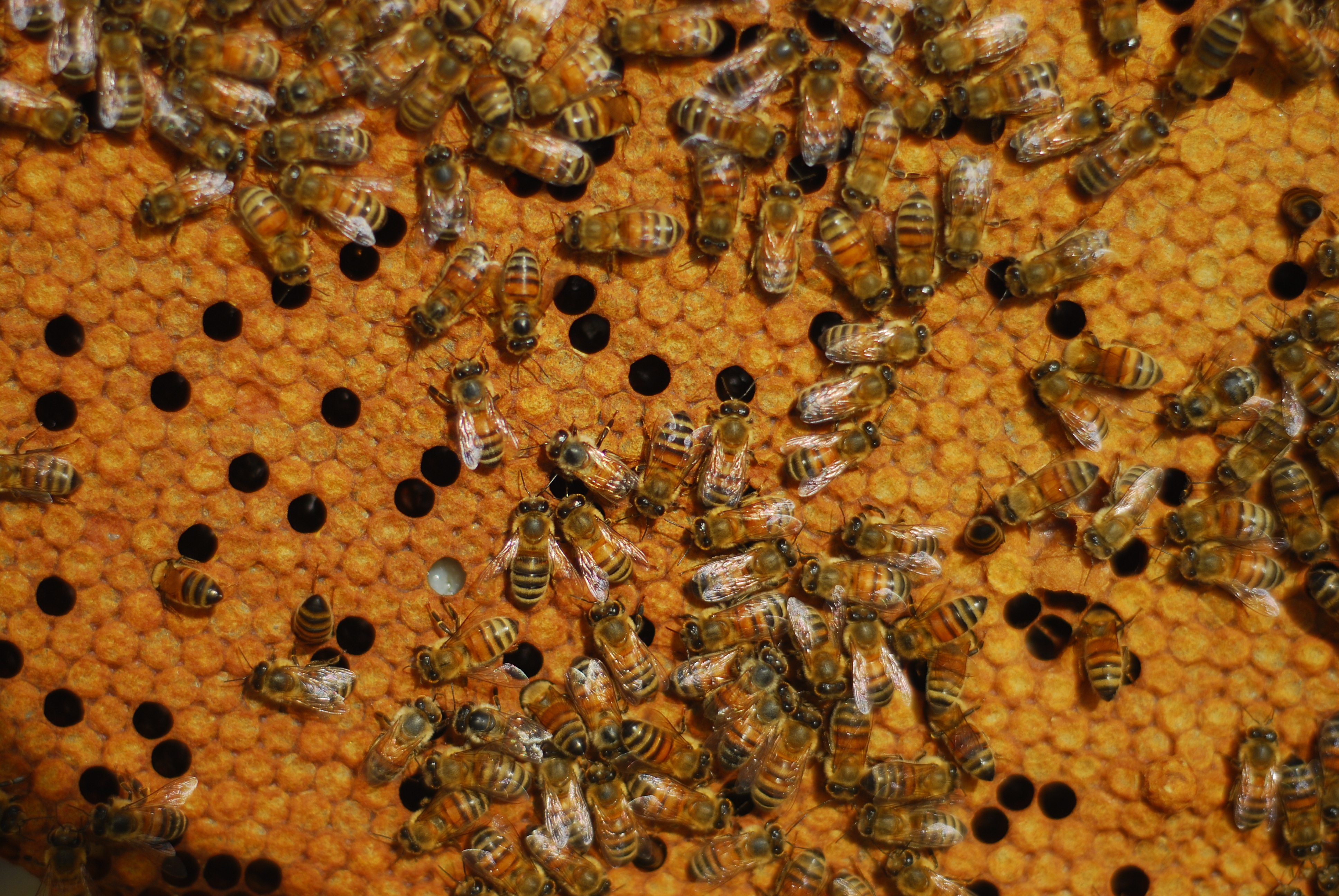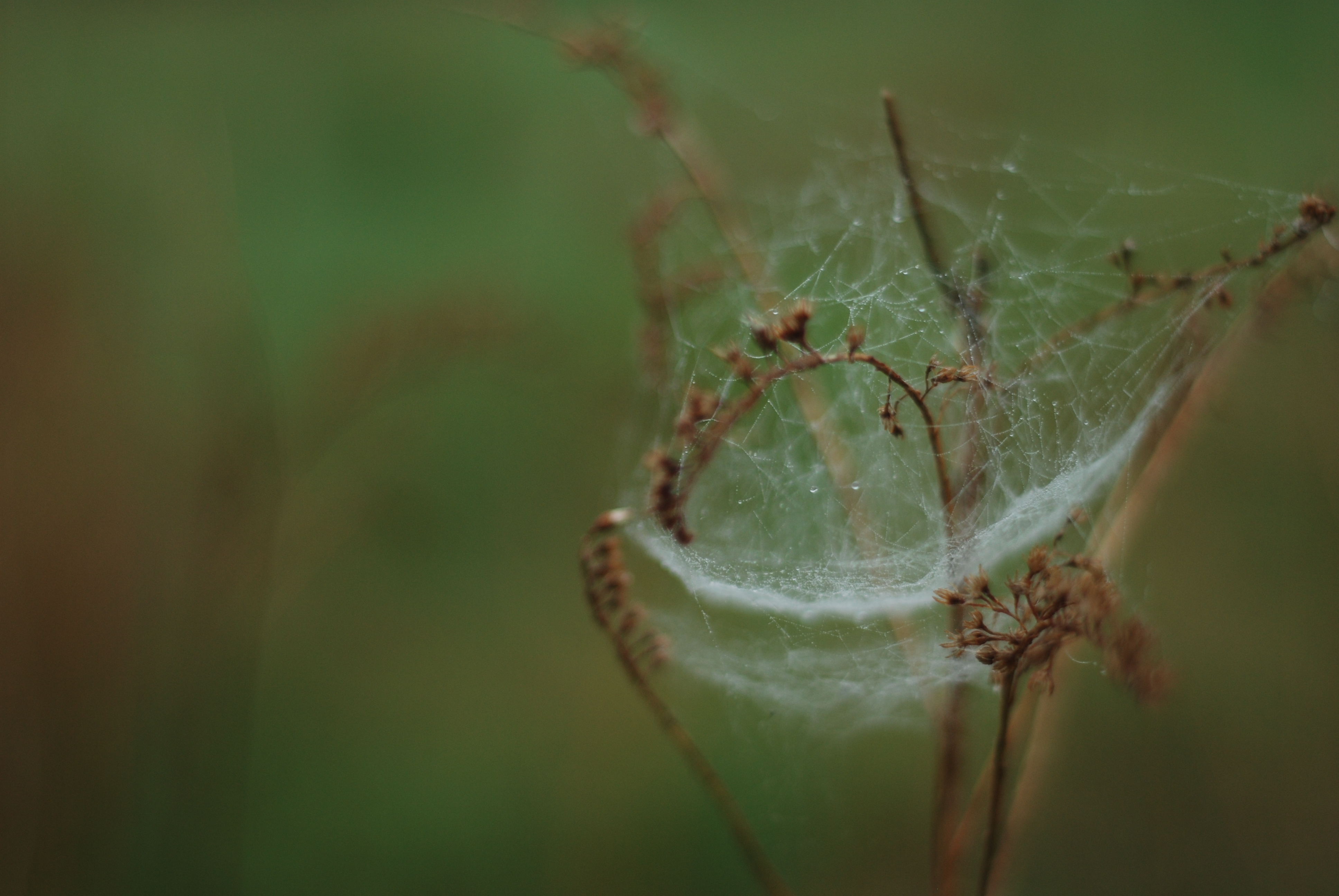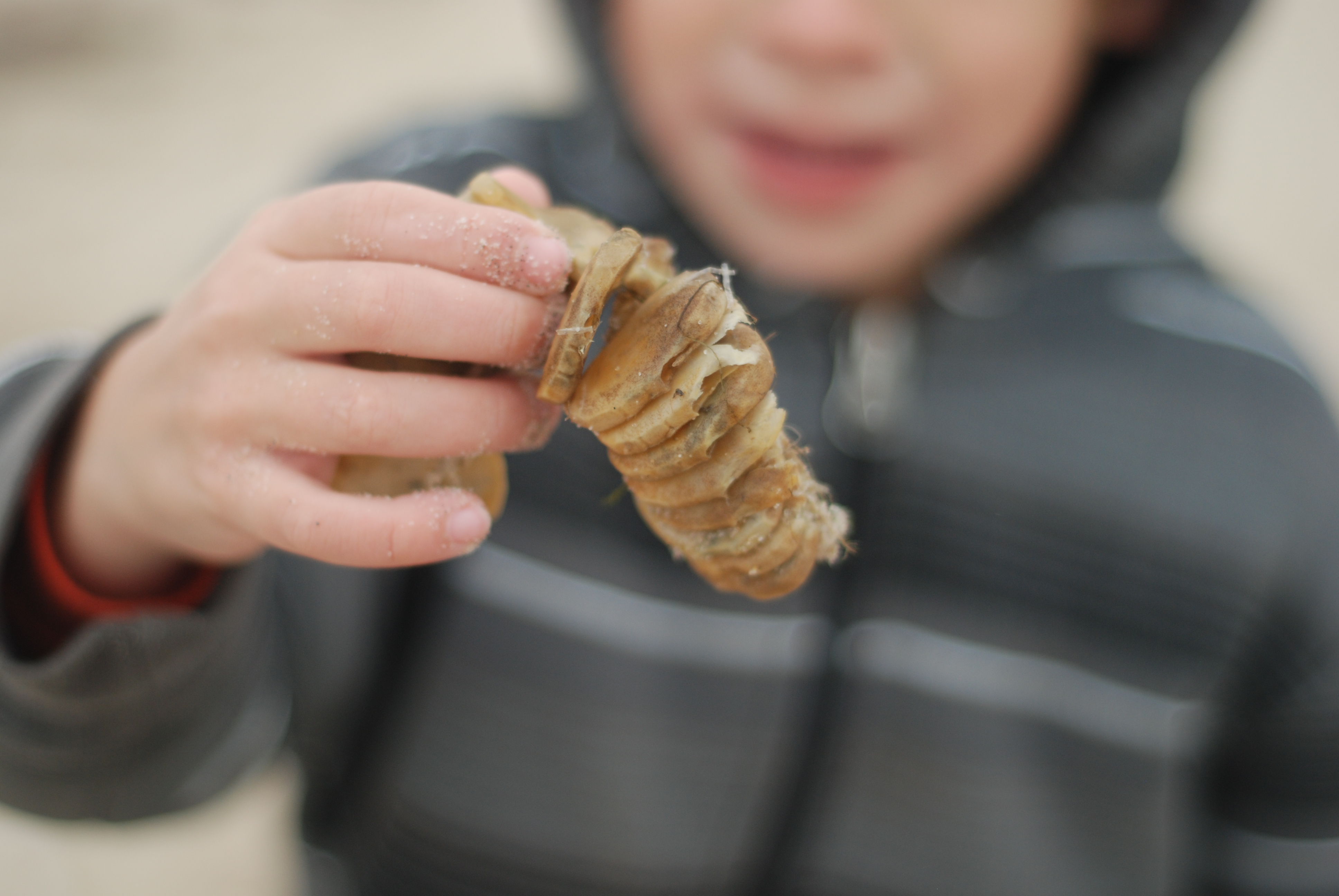It is, almost unbelievably to me, nearing ten years since I left New York City. When I lived there I worked as part of a small anti-poverty non-profit, accompanying families as they dealt with the compounding instabilities of housing crises, school frustrations, health issues, family separation, convoluted legal and criminal justice systems, and social isolation. These situations were simultaneously acute and chronic, in ways that left me sometimes angry, sometimes overwhelmed, sometimes all fired up – but never desperate. I didn’t feel desperate because families took me in. We sat at kitchen tables drinking coffee and eating pork chops and laughing at toddlers. We read books and flew kites and made s’mores and clung to one another on ice skates and ate pie. I didn’t feel desperate because we took those struggles and worked to craft something beautiful and constructive and necessary from them: poems, speeches, books, campaigns, relationships. I didn’t feel desperate because I didn’t have a right to wallow or to pity or to sensationalize; I had a responsibility to bear witness, and not only to what was hard but also to the incredible knowledge and tenacity and resourcefulness I saw. I didn’t feel desperate because I was part of a community that shared an extraordinary ethos rooted in relationship and respect, and a vision of a world where every person is known and treated as a whole human being.
There’s a ghost. Mine. She’s pretty quiet these days, not too sad. But she still walks the fields of our old farm in Virginia, and I think maybe she always will. Blackberry juice stains her lips and fingertips. She crouches low in the grey half-light of dawn, studying the Frontinella communis and Florinda coccinea webs spangled with dew. She stands, puts one hand on my son’s shoulder, points out the wild persimmons ripening against a cloudless October sky. She stops to scratch my goat Lulu under her jaw, and then she’s off again, skirting a vernal pool filled with tadpoles, kicking off her sandals, crossing the creek. I keep her company sometimes, late at night usually, too late. These hours are untrustworthy. Good for writing, terrible for making decisions. These are the hours when the deep disappointment and disillusionment in articles like these (about the challenges of making a living at farming) resonate. Eventually, though, I sleep, and in the light of day, that sorrow evaporates, is replaced with a steadier, more discerning take on our story and on farming in general. My rested self finds the articles too grim, the blame too pat. My rested self is not angry. Sad about what we left behind? Sure. Probably always. Regretful? Probably not. We could have done without the financial albatross of a farm we sank a ton of money into and then struggled to sell. But what about everything those acres gave us? What about the hard-won but enduring lessons about how to (and how not to!) run a business with the person you love, efficiently and compassionately manage a crew, make sound decisions about equipment and markets and infrastructure? What about the food we coaxed from the soil to fuel our bodies and fill our baby’s belly? What about quiet nights on the back porch with a beer, listening to the CoolBot hum and the crickets sing? What about the high of a good day at market, when you’re running on four hours’ sleep and three cups of coffee and the heady potpourri of Ambrosia muskmelons and basil and the steady passing back and forth of tomatoes, cash, recipes, well wishes? What about the barter economy among food producers, our tomatoes for your strawberries and honey, our tractor to till your garden in return for a lamb shoulder from your freezer? What about the easy generosity of other farmers, the potlucks and equipment loans and shoptalk? What about trying your damnedest, getting some sleep, and trying again tomorrow? In the end, whether we’re hilling potatoes or writing grant proposals or soothing away nightmares or waiting tables or waiting on test results or teaching declensions, that’s what we all do, isn’t?
I am grateful for every bit of that. I wouldn’t unlive any of it to protect myself from the heartbreak of walking away from our farm. I do wish for: more discussion about the economics of farming, easier answers to hard questions about the costs of good health, every belly full every single night.
I’ve been thinking about all this, about these places I’ve called home, about the fire inside me. In this season of my life I’m not facilitating writing workshops or speaking at the United Nations or hustling tomatoes or helping anyone cook their way through a seemingly interminable eggplant glut. I am at home, nursing my baby, roasting vegetables, learning about bivalves and monarchs and hawks with my son, thinking (and thinking and thinking) about how children learn and about what my role should be. This season is, all at once, quieter and more contained and so much deeper than everything that came before.
I have chosen not to share much about our school plans here. And maybe that’s a mistake – so much hangs in the balance of that decision, and I’m so unsettled by that knowledge sometimes. The mama hive is rich with guidance, solidarity, and reminders to take a deep breath and just put one foot in front of the other. Maybe I should be articulating my biggest doubts here and asking for your help! But something in me feels this is not the space, at least not now, to talk about the details.
Still, I think I can say this: recently I am enormously comforted to realize that my current preoccupation with this big question is rooted in a deeply familiar instinct. The place where I thrive has always been the place where people come together full of pigheaded hope. This means I am right where I need to be.
Now who wants coffee?



I think we are on the cusp of huge change about to happen in this country and I think food and education are right at the top. For me food is a huge issue. I feel so certain that growing your own food will soon be necessary for many people. Victory garden will have to become the norm again. Small farmers will have to step up. And for those who can’t farm will have to support small farmers.
The drought situation in California is pretty bad. We are going to feel it this year for sure.
I could use a chai! 🙂
Hi KC! I wish so much we could sip some chai together and talk about food and kids and learning. I just started reading the book Station Eleven, by Emily St. John Mandel – have you read it or do you know of it? I’m still early on, so no spoilers please! But I will say it’s post-apocalyptic (a genre I rarely read) – there’s no fuel or electricity – much is grim – but there are all these tiny mentions of gardens. So curious to see if they become a bigger part of the book or if they’ll just continue to help set the tone.
Yes please, dark, splash of milk, no sugar and as big as a bucket. I’ll bring pie.
I have milk and buckets! And I’m pretty sure there’s no pie I won’t eat.
Oh, yes, I would love to have a coffee with you, Lisa.
Totally conceivable we might be able to do that again one day 🙂
Here’s hoping!
Would love to hear your ideas about some of these topics. Education(learning) and food and health and so much else. Here in southern Vermont, organic food is obscenely expensive. There is also so much ignorance about food safety and nutrition. So many do not eat anywhere adequate amounts of vegetables and fruit, and so many that do, pay no attention to the meaning of organic/conventional. The “dirty dozen”? The issue never comes up for most people. Does one have to be rich/and or intellectually elite in order to eat healthy, nutritious food?
Hi Margit, I’m always so happy to hear from you. Those questions about the cost of organic food – and the high cost of production, which I know well – and the literal and figurative price of good health in general – those are the sort of questions I wish had easier answers. There are at least so many good conversations happening about this, in places where food is being grown inside cities, at sustainable ag conferences, at farmer potlucks! PS Didn’t realize you were in southern Vermont! My friend Abbie Corse runs an organic dairy there with her family.
Such goodness here in this process you write about. I can relate to a lot of the journey and your current season, and I agree that you are right where you need to be. Cheers with my green tea latte! Looking forward to reading more…